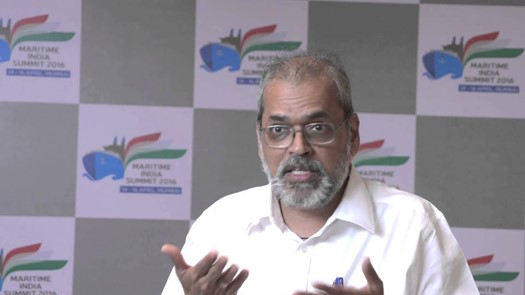
Amid reports of government’s plans to
abolish “çabotage lawâ€
in shipping in India, Indian
National Shipowners’ Association (INSA)has clarified that there is “no†cabotage law in existence in sea
transportation in India.
Recent media reports stated that the Prime Minister Narendra Modi
led government is likely to remove the cabotage rule for ships carrying all
types of cargo on local route, a move
that is expected to allow foreign flagged vessels to do business along the
country’s coast.
“First of all,
there is no cabotage law prevalent in India’s shipping industry which restricts
foreign ships to operate in Indian waters. Therefore, there is no question of
abolishing any rule that does not exist,†INSA CEO Anil Devlisaid.
He noted that almost 80 per cent of the world’s maritime states, including the
USA, Brazil, Indonesia, China, etc., practice cabotage in one form or the
other, but there is no such law in India.
“In the USA, for
example, if you want to move coastal cargo, then you can do it only with an
American flag vessel. However, India does not have any law or rule whatsoever
that prohibits foreign ships from operating. This is the very reason why close
to about 92 per cent of India’s EXIM cargo and close to about 60 per cent of
India’s coastal cargo is carried by foreign ships,†Devli said.
According to Devli, since Indian ships are less
competitive while compared to their foreign peers, the government had also
introduced the Right of First Refusal (ROFR) policy. However, it has not been
able to fuel growth of Indian tonnage.
“ROFR does not
ensure bankable long-term contracts and it is only an opportunity to match the
rate provided by a foreign shipping company which enjoy a competitive advantage
due to lower operating costs. The policy of Right of First Refusal for Indian
ships will only be beneficial provided Indian ships are made competitive,â€Devli added.
He noted that while the subsidy support
was intended to enable more government imports to be carried on Indian flag
ships, there has not been a significant development in the situation.